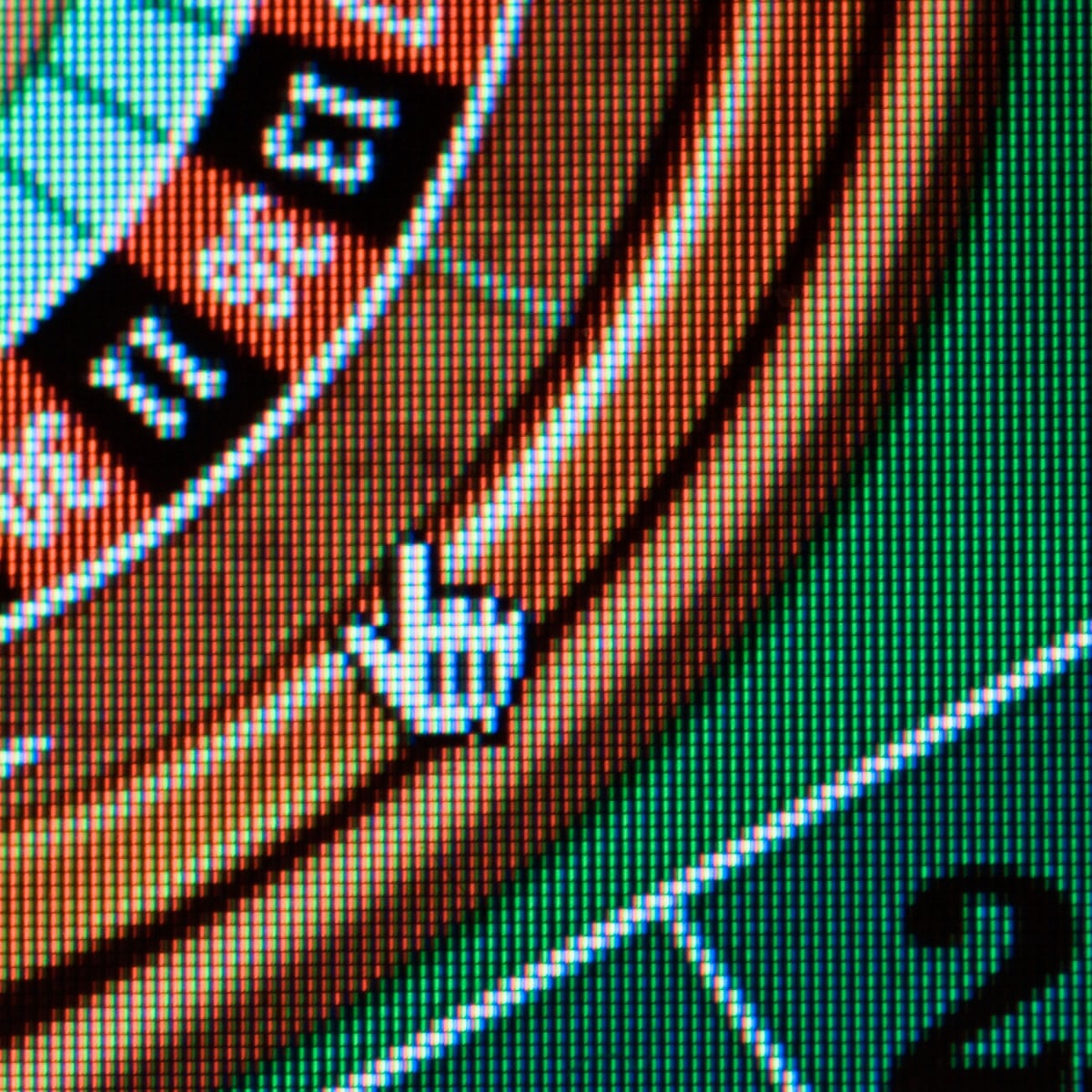Teenage Online Gambling
8 Reasons Why Teens Are Increasingly Addicted to Online Gaming
- Online Gambling Casino Real Money
- Teenage Online Gambling Websites
- Teenage Online Gambling Advice
- Teenage Online Gambling Games
Online gambling where young people spent their own money 19. Online gambling using parents’ or guardians’ accounts. 19 Participation in gambling gambling-style games 20 Ways of playing online-gambling-style games 21 Betting with in-game items on computer games/apps 22. Risk Factors For Teen Online Gambling. Private, unlimited access to the internet (i.e., in a bedroom) Having immediate family members who gamble. Starting to gamble at an early age. Frequent use of 'free-to-play' areas on gambling websites. Experiencing a big win shortly after starting to play. Boredom / loneliness. Strong sensation - seeking tendencies.
Online gaming. Those words alone are enough to make some parents cringe in agony. The concept of versing opponents via the Internet isn’t as new of a concept as most think. As early as the mid 1990’s, Nintendo were experimenting with online gaming with their Super Nintendo console (mostly in Japan, where a hardware add-on linked up players within a certain geographical distance via the then ‘cool’ dial-up modem).
Teen gambling may seem like a non-issue because teens can't be in a casino without proper ID. But habits and a tendency towards gambling can start much earlier. Whether it is a private poker game with friends, a bet within a campus sorority, or some form of online gambling - teen gambling is a real teen.
Since then, both the Internet and gaming populations have increased significantly. In today’s technological age, playing online is becoming increasingly common, mainly due to;
a) more affordable Internet packages (greater download limits and cheaper fees), and
b) cheaper consoles and online subscriptions fees.
Whilst many reports will tell you that the average gamer these day’s is a 30 year-old male, online gaming addiction still affects the younger, teenage demographic just as much. Whilst fun in moderation, online gaming has opened the door to many negative side effects – such as social awkwardness, increased anger and anxiety, and damaged relationships with family and friends.

In light of this, listed below are some basic reasons why your teenager may be addicted to online video games:
1) Games are Cheaper
Games are becoming cheaper every year. On average, a gamer will be able to pick up a copy of the newest FPS game for as low as $70 (unlike the days of old where newer titles easily exceeded the $100 mark). Any teenager with a part time job can easily waltz into the local JB Hi-Fi and grab a title without breaking the wallet.
2) Rewards/Gamer Points/Leveling Up
It may sound silly, but gamers will spend hours upon hours trying to beat the newest and greatest games in order to attain digital rewards (such as a new weapon or garment for their character) or to ‘level up’ in order to extend gameplay and content. The equation is simple: extended playing hours = greater game depth (or greater value for money). This simple concept is enough to get any gamer hooked. Any iPhone users out there? Ever found it hard to put Angry Birds down when you’re ‘this close’ to finishing a level? Exactly.
3) Security and Acceptance
The digital world can be the perfect escape for the teen who is struggling socially at school. One of the main benefits of online gaming is the fact that you’re enjoying a pastime with people who (mostly) share the same love of gaming with you. Already, that link creates a sense of belonging and acceptance among one’s online community. Bullying and general teasing often doesn’t occur in the same way it pops up in the schoolyard. Everyone is doing the same thing, and it’s common that clans or ‘guilds’ are created (groups or clubs that exist within a game, consisting of several players)
4) Friends are Doing It
Not only is the online community made up of people from all over the world who enjoy the same game as your teen – but most of a gamers friends from school etc. are likely on their XBOX360 friends list and join them for regular online gaming fests. The real fun starts after school, when everyone is plugged in, online, and versing one another in Halo
5) It is Social…just the easier way
It may sound contradictory, but it really is. One of the most popular peripherals that are included with gaming consoles are headsets – which allow gamers to listen and communicate audibly with one another online. More often than not, your teen will be sitting with a headset on talking to his friends and opponents while they’re playing against each other. The discussion isn’t always based on the game either. Many use this time to engage in general chitchat.
6) Dominance
We all like to be good at something. For an awkward teen who isn’t necessarily an ace on the soccer field, they may be ranked in the top 10 in Australia for Starcraft 2. The sense of conquering digital opponents is self0satisfying and isn’t too hard once your teen has played a game for long enough. Maintaining one’s position of leadership in the digital world is serious business, and putting in the hours is the only way to achieve it.

7) LAN Parties/Social Gatherings
“It’s raining today dude. Did you want to hit up some indoor soccer instead?”, “Na dude, just come over and we’ll hit up some Halo”. Discussions of this type aren’t un-common. It’s all about getting a bunch of friends together, bringing your own controller, and playing games into the early hours of the morning. Birthday parties are turning into Halo marathons. Birthday parties involving clowns, games, and general running around outside are becoming scarce in the digital age. With this social gathering also comes competition. No one wants to show up to a LAN party and suck. Putting in the hours at home ensures a teenager certified completion and potential victory. Who doesn’t like to show off to friends every now and again?
8) Escapism
The oldest one in the book. It’s pure second life. Your teenager may feel insecure about his/her appearance in real life, but on Halo they may sport some hardcore armor and wield a super scary gun that online opponents fear. Your teenager may struggle talking to girls face-to-face, but if they’re playing against them online the physical barrier isn’t there (don’t laugh – the female demographic is one of the fastest growing groups in gaming populations). Everything is easier online. The Internet has allowed teenagers to represent themselves as whomever, or whatever, they want. That’s why we have people outlaying trash talk online who often wouldn’t express such personal views in front of someone.
In our next post we will examine what this might mean for parents.
Image by stokfoto
One of the biggest crazes right now is poker. ESPN offers the World Series of Poker and televises celebrity poker games. High profile stars like Ben Affleck and Alex Rodriguez gamble. It is no wonder that teen gambling has become a popular pastime. Many teens that gamble either do it with their friends or do it online. Either way, though, teenagers can become addicted gambling. Gambling can turn from a social behavior to a compulsion and cause problems for teens.
The difference between social gambling and pathological gambling
Teen gambling takes on two main forms: social and pathological. There are those who truly only gamble on occasion, and for social interaction. These teenagers have the following characteristics when they gamble:
- Play with a set amount of money, and when it’s gone, they are done. No IOUs to friends.
- Just want to have fun, doesn’t get worried about the money.
- Avoids high-stakes games with large pots.
- May play regularly, but limits playing to once or twice a week, and does so only with friends.
Pathological teen gambling is a little more sinister. 4 to 7 percent of teens display gambling problems – highschoolers have twice the rate of gambling problems as adults. At present, teen gambling addictions are more common among males, although females are becoming more involved in teenage gambling. Some signs of a pathological teen gambler include:
- Likes the rush felt when gambling.
- Takes money, but then makes desperate attempts to stay in the game by writing IOUs.
- Will try almost anything to stay in the game.
- Really wants to win “the big one,” but will keep playing even when losing a great deal.
- Plays online and has no qualms about using a credit card to gamble.
Signs of a teen gambling addiction
There are a few signs that a teenager may be involved in a gambling addiction. Here are some of the red flags:
- Begins to sell personal belongings.
- Borrows money from friends and family and does not repay it.
- Steals and lies.
- Has large amounts of cash that cannot be explained.
- Has a great deal of debt that cannot be explained.
- Strangers call on the phone with increasing frequency.
- Withdraws from his or her regular social groups and activities.
- Makes “900” number calls to gambling numbers.
- Appears distracted and anxious; can be moody or depressed.
- Unexplained absences from school or work.
- Breaks curfew regularly.
- Spends hours on online gaming sites.
- Obsession with sports scores can indicate a sports gambling habit.
Online Gambling Casino Real Money

Monitoring gambling teens
Teenage Online Gambling Websites
One of the best things parents can do to prevent a teenage gambling addiction is to be involved. Let your teen know that he or she is welcome to have friendly poker games at your home, and then step in if the pot becomes too big, or if the teenagers start writing each other IOUs. Explain that social gambling on occasion can be fun, but that there are consequences to becoming too addicted to gambling. Some consequences for teen gambling addictions include:
- Declining grades.
- Habitual money problems.
- Less time for friends and family.
- Temptation to engage in illegal behavior to get money to pay off gambling debts – leading to possible jail time.
- Associations with unsavory characters who could make life difficult if they are not paid.

Teenage Online Gambling Advice
Teen Gambling Main source material:
Teenage Online Gambling Games
- “Teens + Gambling = Trouble,” UConn Health Center in the News. UConn Office of Communications. [Online.]



